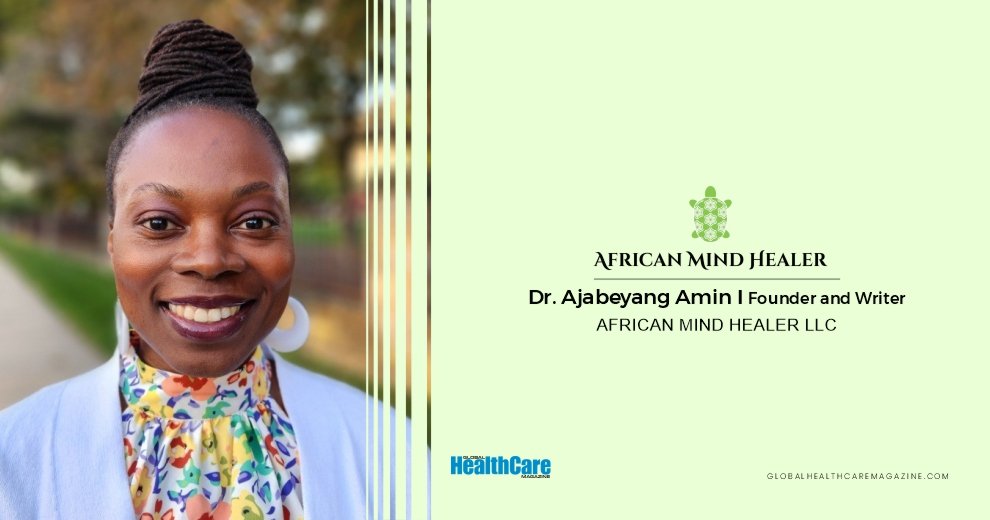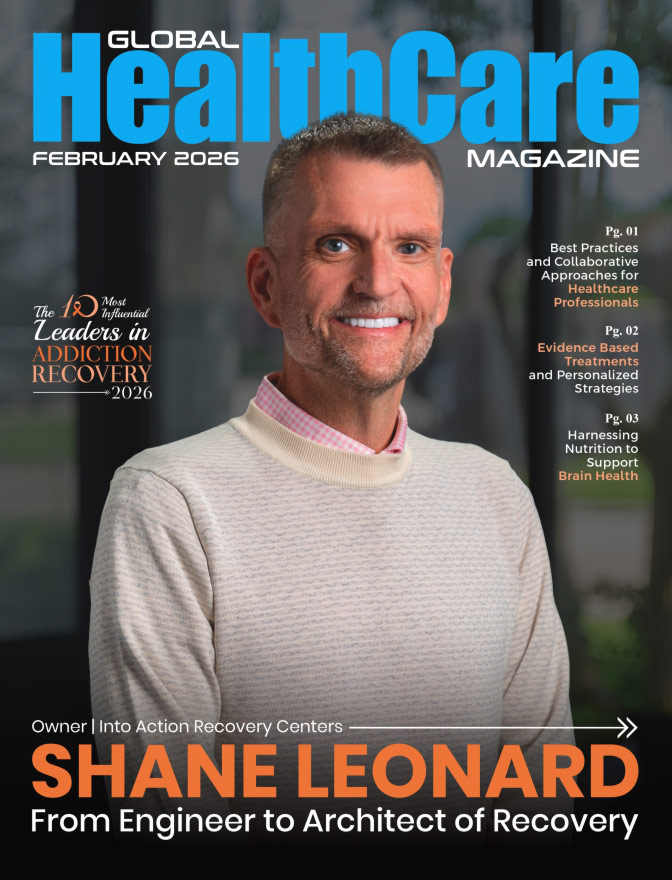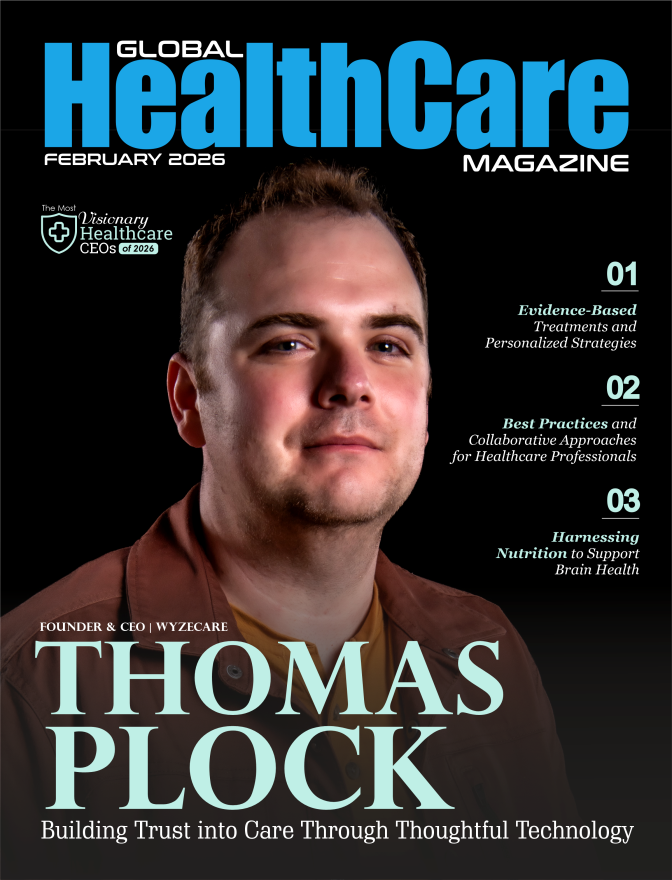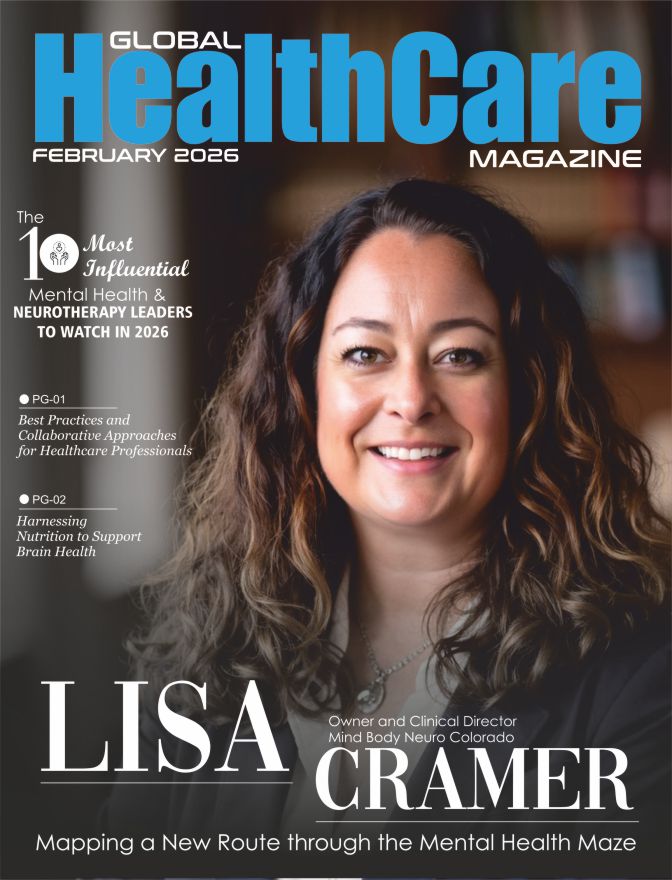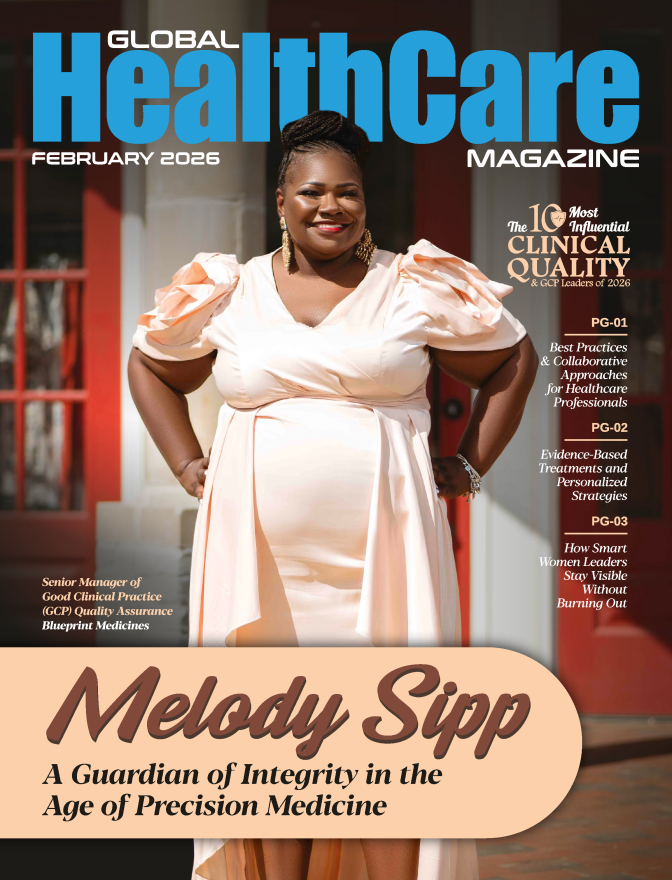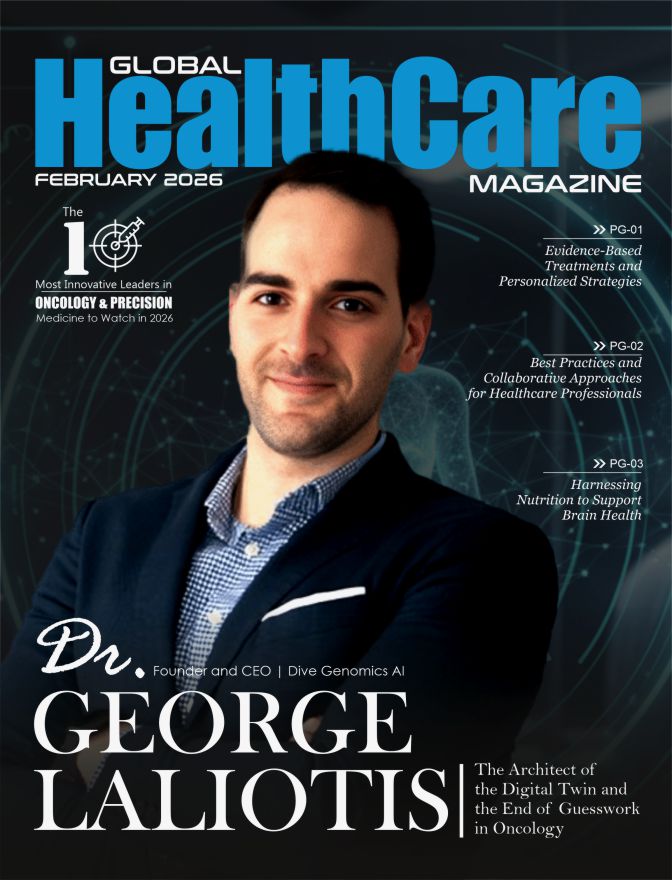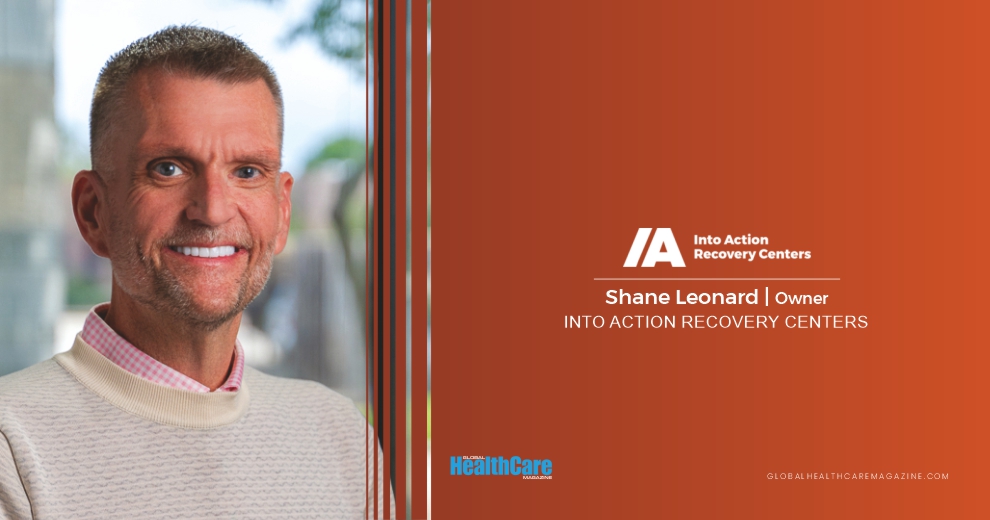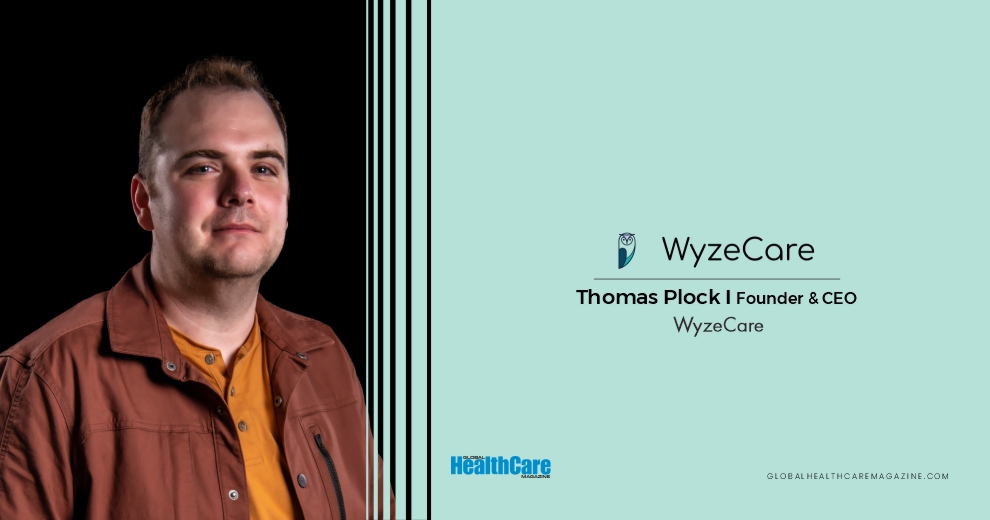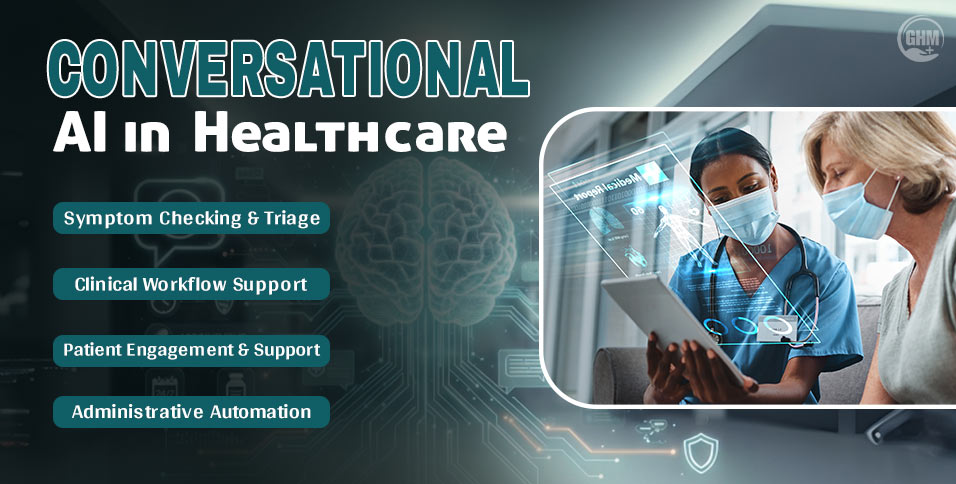There is a particular kind of silence that lives in the space between cultures. It is the silence of the unspoken question, the untranslatable feeling, the quiet ache of being not quite from here, but no longer entirely from there. It is the silence of a Sunday afternoon in a bustling American city, which feels nothing like the Sunday afternoons of your childhood, heavy with the scent of Jollof rice and the sound of your grandmother’s laughter. It is the silence of a prayer that feels both deeply personal and somehow foreign on your own tongue. For many, this silence is a place of profound loneliness. For Dr. Ajabeyang Amin, it is her native language.
To sit with her is to feel this silence become, for the first time, a conversation. In the carefully held space of a therapy session, which can feel like a strange and foreign country to someone raised to believe that suffering is a private matter, to be handled with family or given over to God, Ajabeyang Amin is an emissary. She is a psychologist, yes, and a Christian counselor, but more than that, she is a translator. She translates the clinical language of psychology into the familiar vernacular of faith. She translates the deep, often unacknowledged wounds of the immigrant experience into a narrative of resilience and identity. She translates the quiet, persistent hum of anxiety into a set of tools, a path toward peace. She has made a life’s work of sitting in that silent space and giving it a voice. She calls her practice African Mind Healer, a name that is at once gentle and revolutionary, a declaration that the mind, like the body and the spirit, is a place worthy of healing.
A Geography of the Soul
To understand her work, you must first understand her geography. It is not a list of places visited but a map of selves lived. There is the self who knew the particular heat of Yaoundé, Cameroon, where the idea of a psychologist was as abstract as snow. There is the self who learned the rhythms of Senegal and Ghana, the self who navigated the precise social codes of France, the self who witnessed the rich complexities of El Salvador. And then there is the self who, for more than twenty years, has absorbed the distinct textures of five different American states, from the academic intensity of Michigan to the quiet corners of Pennsylvania where she now practices.
Each location is a language learned, a new lens fitted over the eye. This accumulation of perspectives is her superpower. When a client, a young Nigerian man struggling in corporate America, talks about the crushing pressure from his parents, she understands it not just as family conflict, but as the weight of a collective culture, the unspoken pact of immigrant sacrifice. When a third-culture kid feels adrift, unable to claim any single place as home, Dr. Amin doesn’t see it as a pathology; she sees it as the natural state of a person with a composite identity, and she knows how to help them piece it together into a beautiful, coherent whole.
Her own journey into this work was a kind of migration. The child of Cameroonian parents, the expected path was clear: helping people meant becoming a medical doctor. It was a tangible, respectable way to give back. She followed that path through a degree in Biobehavioral Health at Penn State and a Master’s in Public Health from the University of Michigan. She was on track. But a different calling, a quieter one, began to assert itself. It was in the moments between the research projects and the data sets, in the soul-searching that followed her travels back to Cameroon and Ghana, that the purpose clarified. It was also at this time that her Christian faith deepened, becoming not just a cultural inheritance but a lived, daily reality. The call wasn’t to heal the body, but something more elusive. The question that had always animated her—why do people do what they do?—found its home in the discipline of counseling psychology. It was a field that finally felt capacious enough to hold all of her parts: the scientist, the traveler, the person of faith, the highly sensitive soul who had always felt the emotional weather in a room.
The Unspoken Thing
In many of the communities she serves, psychotherapy is the unspoken thing. Mental struggle is real, but it is metabolized differently. It is brought to a gathering of elders, prayed over in church, soothed by the familiar rituals of community. The idea of sitting in a room with a stranger to talk about your innermost feelings is not just unfamiliar; it can feel like a failure, a betrayal of those trusted, traditional ways. “Many of us are afraid of the unknown,” Dr. Amin says, her voice possessing the calm she’s known for, the kind that makes people feel instantly safe. “But if you know, it takes some of the fear away.”
Much of her work, then, is education. Her blog, African Mind Healer, is a library of permission slips. It’s a place where she gently demystifies the process, article by article. She writes about what therapy looks like, how to find the right person, why it’s okay for a person of deep faith to also seek professional counsel. She is building a bridge, plank by plank, between two worlds that have often viewed each other with suspicion. Studies have shown that psychologists as a group are significantly less religious than the general population, which can make a person of faith feel that they must check their spirituality at the therapist’s door.
Dr. Amin’s very existence is a refutation of that idea. She demonstrates that these two powerful systems for understanding the human condition are not mutually exclusive. In fact, they can be beautifully complementary. She creates a space where a client can talk about their anxiety disorder in one breath and a crisis of faith in the next, and she sees it all as part of the same sacred, human whole.
A Different Kind of Doctrine
When she works with a client who wants Christian counseling, she is clear about the framework. “The standard is Jesus,” she explains. The goal is not merely symptom reduction, but a deeper transformation, a healing that aligns them more closely with the person God created them to be. This is not about prescribing Bible verses for panic attacks. It is about integrating the profound wisdom of her faith with the proven, research-backed tools of her profession. It is a collaborative process, a walking alongside. She does not dictate; she guides, illuminates patterns, and offers insights, but ultimately, her goal is to empower her clients to find their own authentic voice and make their own decisions.
Her book, Not Far From the Truth, is a collection of ten short stories, a fictional exploration of the very real issues she sees every day. There is Eme, wrestling with being single; Nkamji, whose fear of his African parents is a constant source of anxiety; Seye, whose faith is challenged by his life as an African man in America. In giving these struggles a narrative form, she does something profound: she normalizes them. She takes the shame and the isolation out of the quiet room and places these experiences in the context of a shared human story. The message is clear: You are not alone in this. Your struggle is not strange. There is a way through.
Her work extends beyond the individual session. She runs workshops for African immigrant communities and churches. She offers consultations for professionals who work with African populations, helping them understand the cultural context that shapes their clients. She runs online groups for Highly Sensitive Persons, creating a space for those who feel the world too intensely to find resilience together. It is all part of the same mission: to make the world of mental wellness more accessible, more culturally intelligent, and more spiritually integrated. When she isn’t working, she is tending to her own soul through the things that bring her joy: dancing, writing, cooking, walking in nature, and spending time with her family and her church. She knows, better than anyone, that a healer must also be healed. Therapists, after all, need therapists too. We are all human.
Also Read: The 10 Most Transformative Christian Mental Health Leaders of 2025

